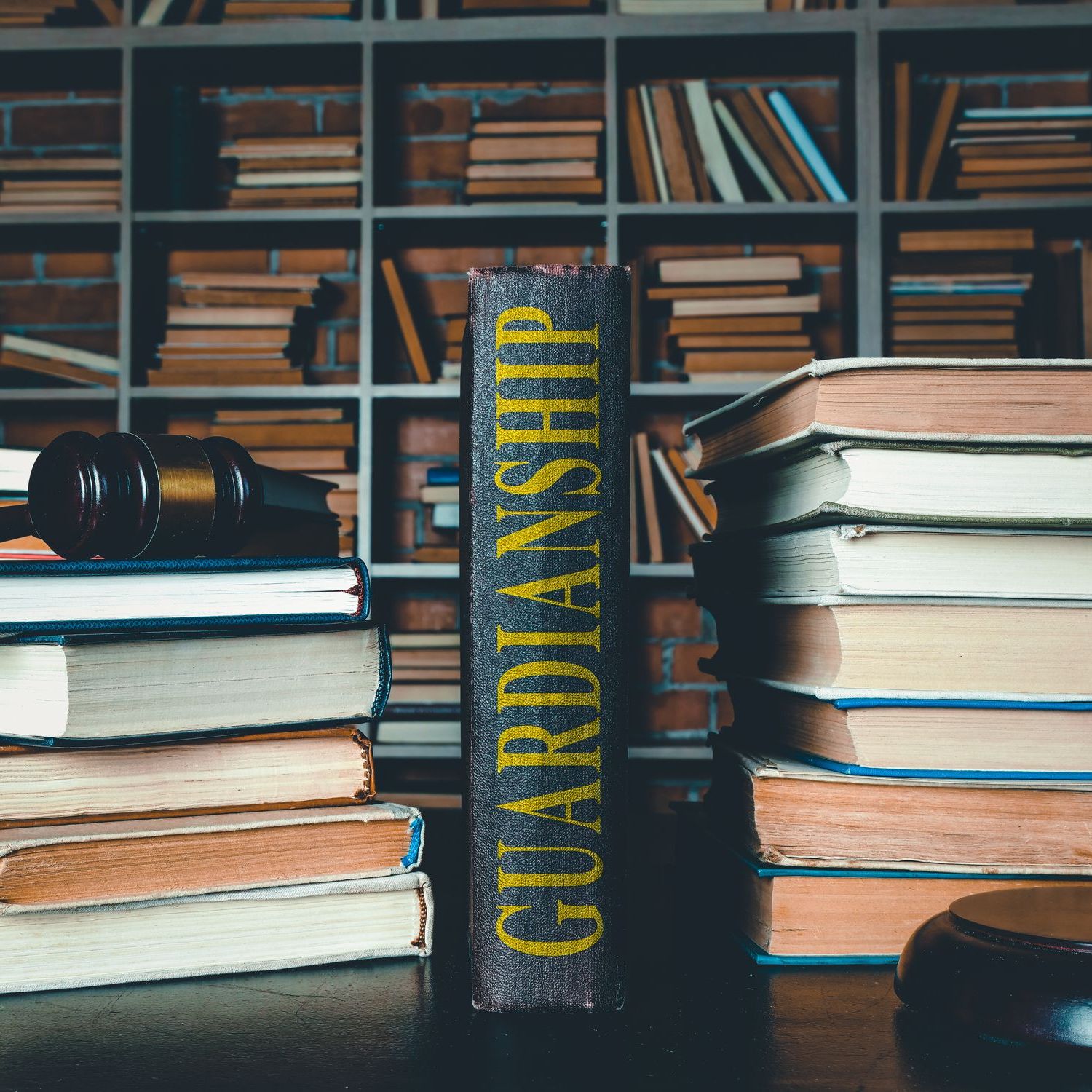Guardianship is a legal tool designed to protect those who can’t protect themselves, meant to make sure their well-being and financial interests are preserved. But sometimes, disagreements or even abuses arise, leading to contested guardianships.
In Florida, where guardianship laws are complex, navigating these disputes can be emotionally draining and extremely risky. If you find yourself in a contested guardianship situation, you’re inevitably going to have to decide whether to hire a lawyer.
There is no one-size-fits-all answer to this question. But in many cases, a guardianship attorney can be the difference between a failed contested guardianship and a successful one.
Florida contested guardianship attorney William C. Roof is here to provide the guidance you deserve. Contact us for help, and keep reading to learn more.

What Is Contested Guardianship?
Contested guardianship arises when there’s a dispute or challenge regarding the appointment or actions of a guardian.
A guardianship is a legal relationship where a person, the “guardian,” is given authority by the court to make decisions on behalf of another individual, known as the “ward.” The ward is often an adult lacking capacity in some way.
Contested guardianship typically emerges when parties believe that the guardianship is not in the best interest of the ward or when there are concerns about the actions or intentions of the current guardian.
Reasons to Contest a Guardianship
When it comes to guardianship in Florida, various issues can lead to disputes and the need for legal intervention:
Potential Exploitation
Guardians may take advantage of their wards, either financially, emotionally, or physically. It sounds horrible, but it happens — surprisingly often.
Such situations require immediate action to protect the vulnerable individual. An attorney can help you take the right action as quickly as possible.
Conflicting Interests
Disagreements often pop up when multiple parties believe they have the ward’s best interests at heart. This is especially common among family members who might disagree on what’s best for the ward.
Inadequate Care
If a guardian isn’t providing the necessary care or is making decisions that aren’t in the ward’s best interests, it might be time to reconsider the guardianship arrangement. If the current guardian won’t go willingly, you may need to take legal action.
